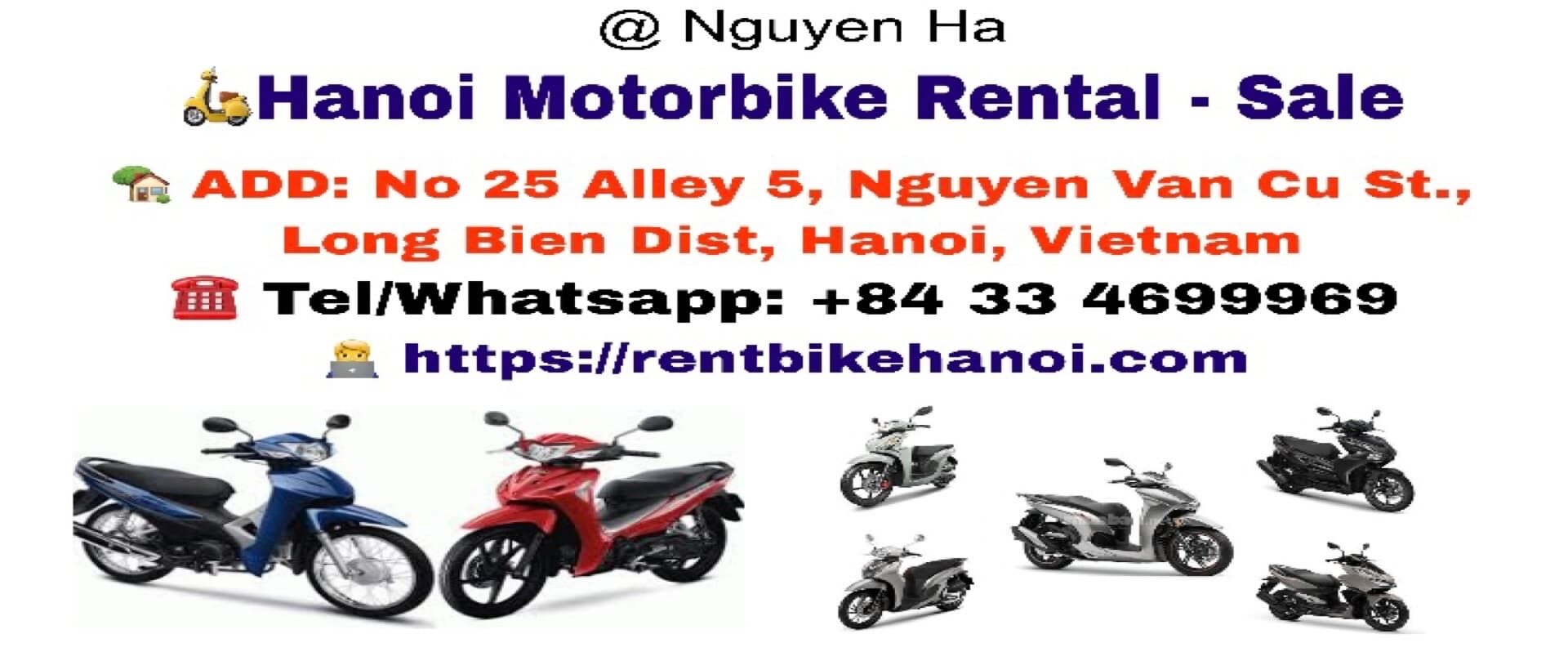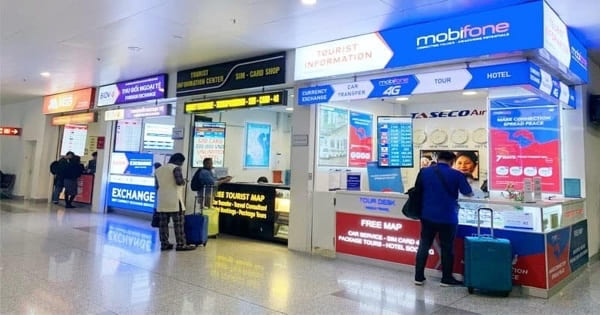Introduction
Planning a trip to Vietnam and wondering where to get your SIM card? This comprehensive guide will help you decide between purchasing a Vietnam SIM card at the airport versus buying one from city shops. We’ll explore pricing, convenience, data plans, and everything you need to know to stay connected during your Vietnamese adventure.
Why You Need a Vietnam SIM Card
Essential Connectivity for Travelers
A local Vietnam SIM card is crucial for modern travelers. Whether you’re navigating Ho Chi Minh City’s bustling streets, booking accommodation in Hanoi, or sharing stunning photos from Ha Long Bay, reliable internet access is indispensable.
Cost-Effective Communication
Using your home country’s roaming services can result in astronomical charges. A local Vietnamese SIM card offers significant savings, especially for extended stays or heavy data usage.
Access to Local Services
Many Vietnamese services, including ride-hailing apps like Grab, food delivery platforms, and local booking systems, work better with a Vietnamese phone number.
Airport SIM Cards: Pros and Cons
Advantages of Airport Purchase
Immediate Connectivity The primary advantage of buying a Vietnam SIM card at the airport is instant connectivity. As soon as you land at Noi Bai International Airport (Hanoi), Tan Son Nhat International Airport (Ho Chi Minh City), or Da Nang International Airport, you can get connected within minutes.
English-Speaking Staff Airport vendors typically have English-speaking staff who can assist international travelers. This eliminates language barriers and ensures you understand your plan details.
Tourist-Friendly Packages Airport SIM cards are specifically designed for tourists, often including generous data allowances, international calling minutes, and straightforward activation processes.
Convenient Location Airport booths are strategically located in arrival halls, making them impossible to miss. You don’t need to venture into the city to find a mobile shop.
Disadvantages of Airport Purchase
Higher Prices Airport SIM cards typically cost 20-50% more than city alternatives. The convenience premium can be significant, especially for budget-conscious travelers.
Limited Options Airport vendors usually offer fewer plan varieties compared to city shops. You might not find the perfect package for your specific needs.
Tourist Markup Some airport vendors may charge inflated prices, knowing travelers have limited alternatives immediately upon arrival.
Queue Times During peak travel periods, airport SIM card counters can have lengthy queues, potentially delaying your departure from the airport.
City Shop SIM Cards: Advantages and Disadvantages
Benefits of City Shop Purchase
Competitive Pricing City mobile shops offer the most competitive prices for Vietnam SIM cards. You can save 30-50% compared to airport purchases, especially for longer-term plans.
Extensive Plan Variety Local shops provide comprehensive plan options, from basic prepaid cards to unlimited data packages. You can find plans tailored to specific usage patterns.
Better Customer Service Established city shops often provide superior customer service, including troubleshooting, plan modifications, and ongoing support throughout your stay.
Authentic Local Experience Purchasing from city shops provides cultural immersion and opportunities to interact with locals, enhancing your travel experience.
Drawbacks of City Shop Purchase
Language Barriers Communication can be challenging if staff don’t speak English. Basic Vietnamese phrases or translation apps become necessary.
Time and Effort Required Finding reputable mobile shops requires time and navigation through unfamiliar streets. This might not be ideal for short visits or tired travelers.
Variable Service Quality Not all city shops provide consistent service quality. Some may lack proper documentation or offer substandard activation assistance.
Delayed Connectivity You’ll need to rely on airport WiFi or offline maps until you purchase and activate your SIM card in the city.
Major Vietnam Mobile Networks
Viettel: Market Leader
Viettel dominates Vietnam’s mobile market with the most extensive network coverage. They offer excellent rural connectivity, making them ideal for travelers planning to explore remote areas like Sapa or the Mekong Delta.
Key Features:
- Best nationwide coverage
- Reliable 4G speeds
- Competitive tourist packages
- Strong customer support network
Vinaphone: Premium Service
Vinaphone targets premium customers with high-quality service and competitive data speeds. They’re particularly strong in urban areas and tourist destinations.
Key Features:
- Excellent urban coverage
- Fast data speeds
- English customer support
- Tourist-friendly packages
Mobifone: Balanced Option
Mobifone offers a good balance between coverage, price, and service quality. They’re a solid choice for most travelers, especially those staying in major cities and tourist areas.
Key Features:
- Good national coverage
- Reasonable pricing
- Decent data speeds
- Wide retail network
Price Comparison: Airport vs City
Airport Pricing Structure
Tourist SIM Cards (7-30 days):
- Basic package (3GB): $8-12 USD
- Standard package (6GB): $12-18 USD
- Premium package (12GB+): $18-25 USD
Activation and Service Fees:
- Setup fee: $2-5 USD
- Document processing: Sometimes included
City Shop Pricing
Local Prepaid Cards:
- Basic package (3GB): $5-8 USD
- Standard package (6GB): $7-12 USD
- Premium package (12GB+): $10-18 USD
Additional Costs:
- Minimal setup fees
- Often includes free activation
Long-Term Stay Options
For stays exceeding 30 days, city shops offer significantly better value with monthly unlimited plans starting from $15-20 USD, compared to airport options that can cost $40-60 USD for equivalent duration.
Data Plans and Packages
Tourist-Focused Plans
Short-Term Packages (3-7 days): Most suitable for brief visits to major cities. These plans typically include 2-5GB of data with basic calling minutes.
Standard Tourist Plans (15-30 days): Ideal for typical vacation durations. These packages offer 5-15GB of data, unlimited domestic calls, and some international minutes.
Extended Stay Plans (30+ days): Perfect for digital nomads or extended travelers. These plans often include unlimited or very high data allowances with comprehensive calling features.
Data Speed Considerations
4G LTE Coverage: All major networks provide 4G coverage in cities and tourist areas. Speeds typically range from 20-80 Mbps, sufficient for most travel needs.
3G Fallback: In remote areas, networks automatically switch to 3G, maintaining basic connectivity for messaging and light browsing.
5G Availability: Limited 5G coverage exists in major cities, but it’s not essential for typical tourist activities.
Step-by-Step Purchase Guide
Airport Purchase Process
Step 1: Locate SIM Card Vendors Upon arrival, look for official mobile network booths in the arrival hall. Avoid unofficial vendors or overly aggressive sellers.
Step 2: Choose Your Provider Compare available options from Viettel, Vinaphone, and Mobifone. Ask about coverage in your planned destinations.
Step 3: Select a Package Choose based on your stay duration and expected data usage. Consider your travel itinerary when selecting coverage options.
Step 4: Provide Documentation Present your passport for registration. This is mandatory for all SIM card purchases in Vietnam.
Step 5: Activation and Testing Ensure the vendor activates your SIM and tests basic functions before leaving the counter.
City Shop Purchase Process
Step 1: Research Locations Identify reputable mobile shops near your accommodation. Hotel staff can often provide recommendations.
Step 2: Prepare Documentation Bring your passport and have your hotel address ready for registration purposes.
Step 3: Compare Options Visit 2-3 shops to compare prices and packages. Don’t rush the decision-making process.
Step 4: Negotiate if Appropriate In some independent shops, gentle negotiation might yield better prices or additional benefits.
Step 5: Verify Service Test your connection immediately after purchase and ensure you understand how to check your balance and add credit.
Alternative Options
eSIM Solutions
Modern smartphones support eSIM technology, allowing digital SIM card activation without physical cards.
Advantages:
- Instant activation
- No physical card needed
- Can maintain home SIM simultaneously
- Easy online purchase
Disadvantages:
- Limited device compatibility
- Potentially higher costs
- Requires initial internet connection for setup
Pocket WiFi Rental
Portable WiFi devices can serve multiple devices simultaneously.
Benefits:
- Supports multiple devices
- No SIM card switching required
- Consistent connection quality
- Good for group travelers
Drawbacks:
- Additional device to carry and charge
- Higher daily costs
- Limited battery life
- Risk of loss or damage
International Roaming
Using your home network’s international roaming services.
When It Makes Sense:
- Very short visits (1-2 days)
- Emergency backup connectivity
- Business travelers with company plans
Limitations:
- Extremely expensive for regular use
- Often slower speeds
- Limited data allowances
- Potential for bill shock
Frequently Asked Questions
How Much Does a Vietnam SIM Card Cost?
Vietnam SIM card prices range from $5-25 USD depending on the data allowance, validity period, and purchase location. Airport purchases cost 20-50% more than city shops.
Which Network Has the Best Coverage?
Viettel offers the most comprehensive coverage nationwide, including rural areas. Vinaphone excels in urban areas, while Mobifone provides balanced coverage at competitive prices.
Do I Need My Passport to Buy a SIM Card?
Yes, Vietnamese law requires passport registration for all SIM card purchases. This applies to both tourists and residents.
Can I Use My Unlocked Phone?
Most unlocked phones work with Vietnamese networks. Ensure your device supports the local frequency bands (GSM 900/1800 MHz, 3G 2100 MHz, 4G bands 1, 3, 7, 8, 20, 38, 40, 41).
How Do I Top Up My Credit?
You can recharge at mobile shops, convenience stores, or through mobile banking apps. Scratch cards are widely available, and online top-up options exist for major networks.
What If I Lose My SIM Card?
Contact your network provider immediately to block the SIM and request a replacement. You’ll need your passport and original purchase documentation.
Can I Share My Data Connection?
Yes, all Vietnamese SIM cards support mobile hotspot functionality, allowing you to share your connection with other devices.
Is There a Contract Requirement?
Tourist SIM cards are typically prepaid with no contract obligations. You simply pay for the package duration upfront.
Tips for Choosing the Right Option
Consider Your Travel Style
Business Travelers: Airport purchase for immediate connectivity and professional reliability.
Budget Backpackers: City shops for maximum cost savings and local interaction.
Family Tourists: Airport purchase for convenience and English-language support.
Digital Nomads: City shops for better long-term value and plan flexibility.
Evaluate Your Usage Patterns
Light Users (Social media, messaging): 3-5GB packages are sufficient.
Moderate Users (Navigation, photos, video calls): 6-10GB packages recommended.
Heavy Users (Streaming, video uploads, work): 12GB+ or unlimited packages necessary.
Account for Travel Duration
Short trips (under 7 days): Airport convenience outweighs cost savings.
Medium stays (1-3 weeks): Both options viable; consider your comfort level with local shopping.
Extended visits (over 30 days): City shops offer significantly better long-term value.
Final Recommendation
Best Overall Choice: Hybrid Approach
For most travelers, we recommend a hybrid approach:
- Purchase a basic airport SIM for immediate connectivity and first-day navigation
- Upgrade to a city shop plan within 2-3 days for better value and service
This strategy combines the convenience of airport purchase with the cost-effectiveness of city shopping.
Specific Recommendations by Traveler Type
First-time Vietnam visitors: Airport purchase from Viettel for reliable coverage and English support.
Experienced Southeast Asia travelers: City shop purchase for better prices and authentic experience.
Long-term visitors: Definitely choose city shops for monthly unlimited plans.
Group travelers: Consider pocket WiFi rental or multiple airport SIMs for convenience.
Conclusion
The choice between airport and city shop Vietnam SIM card purchases depends on your priorities, travel experience, and budget. Airport purchases offer unmatched convenience and immediate connectivity at a premium price, while city shops provide better value and more options with additional effort required.
Consider your travel duration, usage needs, and comfort level with local shopping when making your decision. Remember that staying connected in Vietnam is essential for navigation, communication, and accessing local services, making a local SIM card investment worthwhile regardless of where you purchase it.
Both options will serve you well – choose based on your specific circumstances and enjoy your Vietnamese adventure with reliable connectivity throughout your journey.

